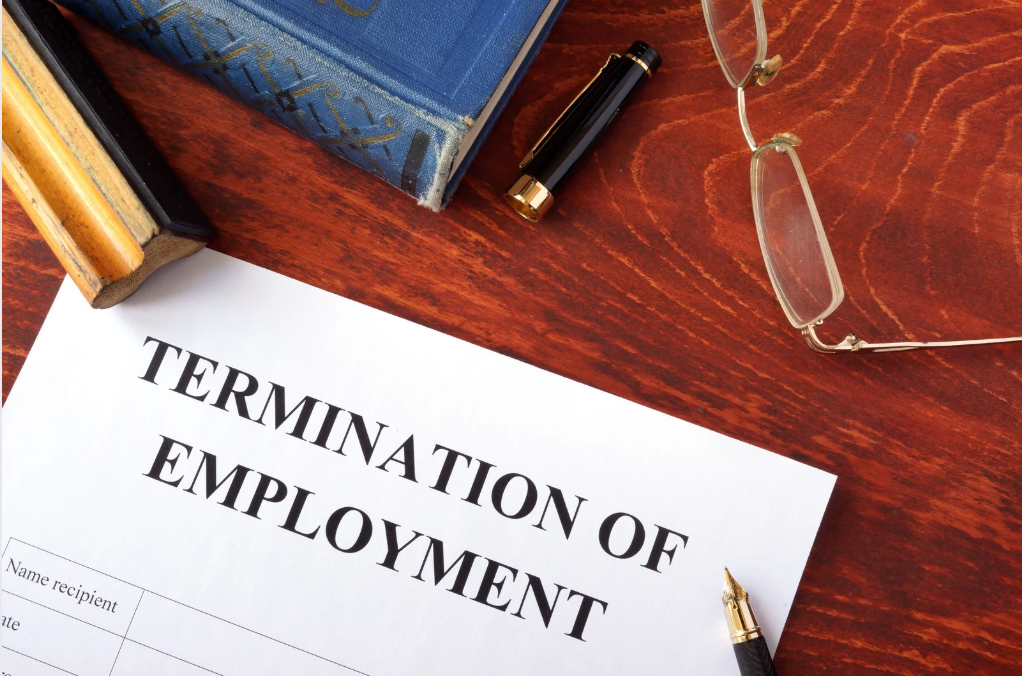How to Handle Sexual Harassment at the Workplace
There is nothing more uncomfortable than being sexually harassed in the workplace. According to an estimation from the Equal Employment Opportunity Commission (EEOC) anywhere from twenty-five and eighty-five percent of women in the United States have faced sexual harassment at work — and up to seventy-five percent of those women have never confronted their harasser or reported the abuse.
If you are facing such a dilemma involving sexual harassment in the workplace, there are several important steps you need to take. These include:
1. Understand The Definition of Sexual Harassment
Sexual harassment is a form of discrimination that violates the Civil Rights Act of 1964. While the harassment does not have to involve sexual behavior, it can involve inappropriate jokes, comments, or the showing of explicit materials — such as pictures or video. Both men and women can be found guilty of sexual harassment in the workplace.
There are two major forms of sexual harassment: quid pro quo and a hostile work environment. Under quid pro quo, a boss has offered a raise, continued employment, or a special assignment to an employee only if they submit to sexual advances. A hostile work environment can include any sexual comments or conduct that interfere with performance or make the workplace intimidating, hostile, or offensive.
2. Recognizing the Signs of Work-From-Home Sexual Harassment
The COVID pandemic transformed our society in a number of ways. Many employers now have their employees working from home.
Sexual harassment can occur in any type of work environment. As millions of U.S. employees work from home, it is important to understand that sexual harassment can occur in the comfort of your living room. Our blog explains how sexual harassment can occur in a work-from-home environment and what you can do to protect yourself.
There are two types of sexual harassment. The first type leads to a hostile work environment, where the harassment is so pervasive that it makes work life seem unbearable. With the second type of sexual harassment, your supervisor may offer a promotion or threaten your job unless you perform sexual favors.
In a work-from-home environment, both types of harassment are likely to occur online or via telephone. Look for warning signs that include:
- Inappropriate emails or text messages
- Sexually suggestive phone calls
- Suggestive comments made during video meetings
If your case qualifies as sexual harassment under California state law, then depending on the circumstances, you may have success filing a claim against your employer.
3. Reading Your Company’s Sexual Harassment Policy
The vast majority of companies have a detailed sexual harassment policy in their handbook. This will typically outline the steps you should take if you feel you are being harassed. Familiarize yourself with the handbook to ensure what you are experiencing lines up with the written rules.
If your situation is not outlined in the policy, but continues to make you uncomfortable or offended at work, the time has come to speak to a third-party expert — such as a sexual harassment lawyer. There are certain rights that are guaranteed in the workplace, no matter what the policy says.
4. Keeping a Detailed Journal
As you experience harassment, keep a detailed journal of dates and times. You may answer questions such as:
- What, exactly, was said?
- To whom was it said?
- Where was it said?
- Who else witnessed the incident?
Having this information can help solidify your claim and show your harasser that you mean business. It can also help establish the presence of a pattern.
5. Gathering Evidence
If you receive any offensive or sexually explicit emails, text messages, or messages on social media, keep this information safe. Do not edit screenshots or alter the information in any way. You should also speak to any coworkers whom you believe have also been harassed and document their experience. Pooling all of this information together will greatly aid in building a case.
6. Filing a Claim
If you have followed the steps outlined by your company’s policy and have yet to see any response, it may be time to file an official complaint with the EEOC. The organization will consider all circumstances and may force your company to change its policy or take immediate action. An experienced attorney can help you navigate this process.
7. Contact Experienced San Diego Sexual Harassment Lawyers
Are you facing sexual harassment in the workplace? You deserve professional defense and support. For assistance and representation, contact our team of experienced San Diego sexual harassment lawyers at The Gould Firm by calling (619) 941-0667.










